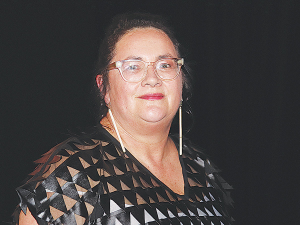OPINION: Of all the submissions that Rural News has seen from the primary sector on the Government’s response to agricultural emissions proposal, none is so profound and damaging to Labour than that of the Māori Trustee and chief executive of Te Tumu Paeroa, Charlotte Severne.
It’s obvious to anyone with an atom of knowledge of the primary sector that the Government response would disproportionally affect Māori farming. However, the politicians and officials, who it seems seldom get beyond the outer suburbs of Wellington, didn’t see this coming.
In her hard hitting submission, Severne starts off by saying she has “grave concerns about the Government emissions pricing policy and it will disproportionately disadvantage Māori”. She rightly expresses her concern about “the impact on rural communities where Māori are often over represented”. She is bang on and this has already been echoed by Federated Farmers and the Wairoa District Council.
The killer blow for the Government comes when Severne says:
“The proposal seems designed from a western point of view and doesn’t recognise the cultural value that Māori place on land, in addition to economic value. There is also concern that the measures seem more directed at large, economically-strong farming operations, not those over-represented in the classes of land where Whenua Māori is located”.
So where does that leave Labour and the Greens who believe that they are the great friend and supporter of Māori? It seems in the case of He Waka Eke Noa, its environmental ideologues have ditched Māori – and all farmers – in a quest for some puritanical emissions stance.
Which begs the question: where the hell is the supposed ‘all-powerful’ Māori caucus? We have not heard a peep out of them on this issue. Have they lost their vocal chords or are they happy to acquiesce to Jacinda, Damien and James?
Severne is to be congratulated for her honesty and courage in speaking out and giving a voice to Māori and rural communities.
Labour’s Māori caucus and others in government should buy themselves a mirror as a Christmas present.











